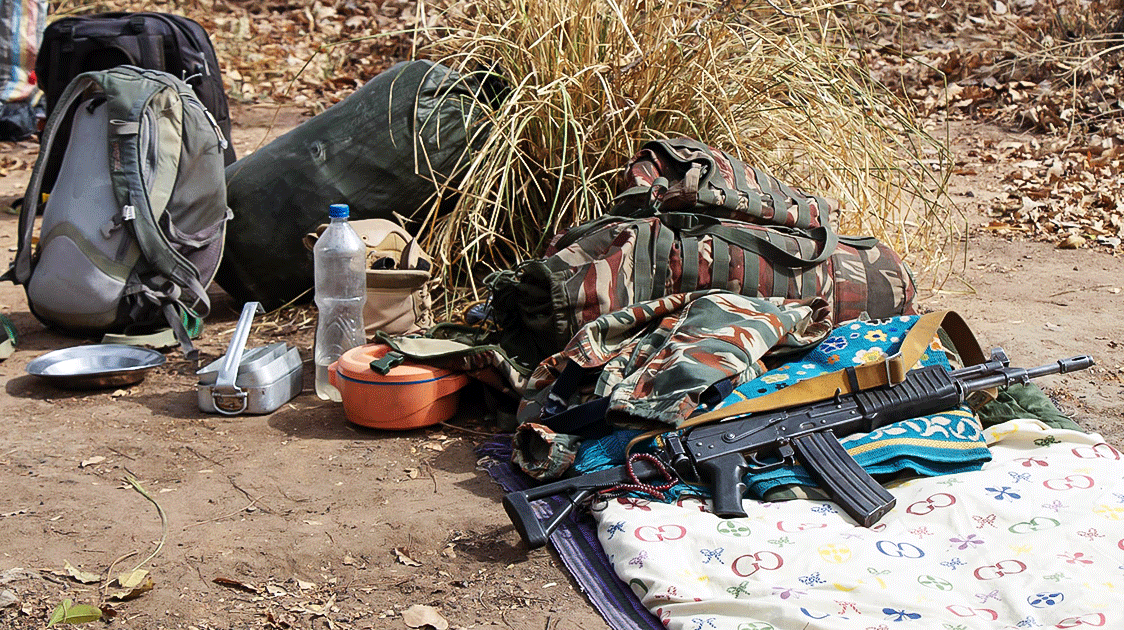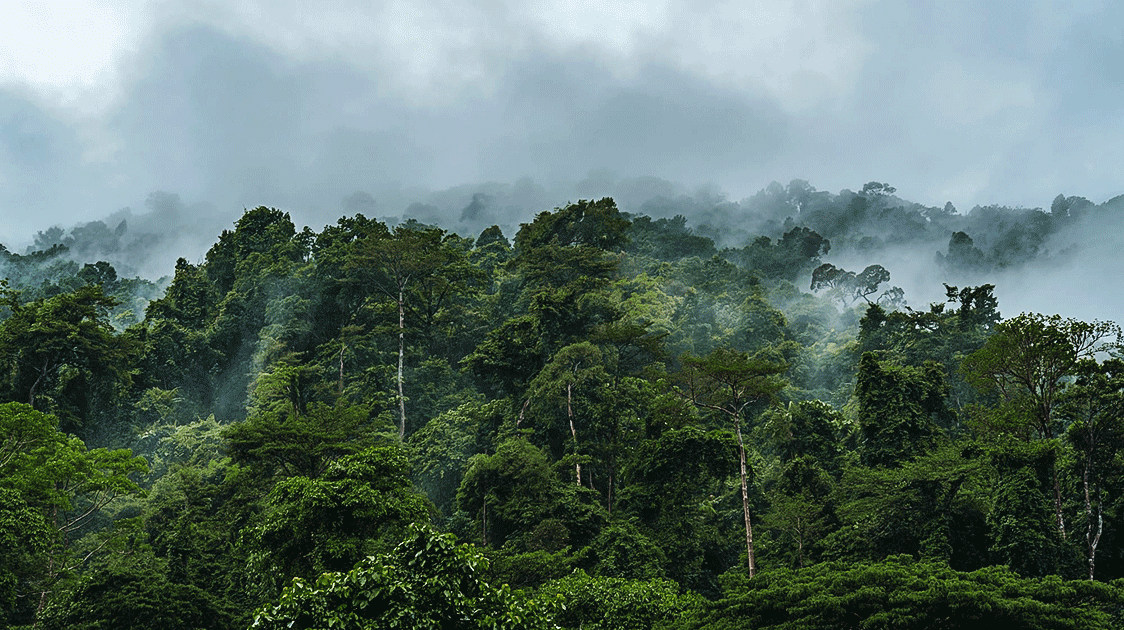Central Cameroon
Patrolling the dense rainforests of Central Cameroon presents unique challenges. The thick vegetation, intense humidity, and limited access paths mean that wildlife rangers must be innovative, persistent, and highly dedicated. At Patrol, our mission is clear: to raise awareness through our newsletter about vital conservation efforts in regions like Cameroon, where biodiversity faces significant threats.
Deng Deng & Mbam-Djerem—Twin Hotspots in Cameroon
Deng Deng National Park (Parc National de Deng Deng) and Mbam-Djerem National Park form crucial habitats for endangered wildlife. These parks represent two of Central Cameroon’s most significant protected areas, known for housing forest elephants and pangolins—species severely threatened by illegal poaching and trafficking. The parks lie at the heart of essential forest elephant corridors in Cameroon, making their preservation critical.
Forest-Track Patrol Tactics in Cameroon
Wildlife rangers conduct exhaustive patrols using a combination of foot trails, motorbikes, and pirogues (dugout canoes). Navigating the rainforest’s dense canopy and swampy terrain demands local knowledge and tactical precision. Rangers regularly dismantle bushmeat snares, arrest poachers, and gather crucial intelligence to disrupt illegal activities. Central Cameroon anti-poaching teams constantly adapt their patrol methods to stay ahead of poachers, often moving at night and relying on stealth and surprise.
Gunshot Detection Towers in Cameroon’s Canopy
An innovative solution used in these forests involves deploying gunshot detection towers. Installed high within the tree canopy, these towers utilize acoustic sensors to detect gunshots from poachers. Once a gunshot is identified, the precise location is instantly communicated to the ranger patrols, enabling rapid response. Such technology greatly enhances wildlife conservation efforts in Cameroon, providing a crucial advantage over poachers.
Pangolin Trafficking Routes to Yaoundé & Douala
Cameroon is a central hub in the illegal pangolin trade. Pangolin scales are highly valued, primarily trafficked through established routes leading to major cities like Yaoundé and Douala, from where they are illegally exported. Patrolling these routes and intercepting traffickers remains a priority for wildlife conservation teams. By disrupting these trafficking networks, Cameroon’s anti-poaching efforts significantly impact the broader pangolin trade in Africa.
Eco-Guard Programme - Local Eyes in Deep Cameroon Forest
The term "eco-guard" refers to community members trained and employed as conservation rangers. Through this initiative, locals receive a stipend, providing an incentive to participate actively in conservation. These community eco-guards in Cameroon possess critical local knowledge, enabling more effective monitoring of illegal activities and enhancing wildlife protection. Their presence in the forest promotes sustainable livelihoods, bridging community well-being with environmental conservation.
Mobile Courts & Rapid Prosecution in Cameroon
Quick and effective prosecution is essential in the fight against poaching. Cameroon has implemented mobile courts specifically designed to handle wildlife-related crimes swiftly and decisively. This approach ensures that arrested poachers and traffickers face immediate legal action, serving as a deterrent to others. Mobile courts represent a powerful tool within the broader wildlife conservation strategy in Cameroon, reinforcing the seriousness of wildlife crime.
Ways Readers Can Help Rangers in Cameroon
Supporting anti-poaching operations in Central Cameroon can be done in several impactful ways:
- Donate to ranger support funds: Contributions help provide essential equipment, such as communication tools, patrol gear, and supplies.
- Raise awareness: Spread the word about wildlife conservation and anti-poaching efforts in Cameroon through social media and community events.
- Subscribe to our newsletter: Stay informed on wildlife conservation initiatives and receive actionable insights on how you can assist.
Join Our Mission Today
Every effort counts when protecting Central Cameroon’s wildlife from poaching threats. By joining Patrolling.org’s network, you become an integral part of a global community committed to preserving biodiversity. Visit our dedicated pages on poaching threats and tactics & technology to learn more about the specific dangers facing wildlife and the strategies used to counter them.
FAQs
1. Why is anti-poaching critical in Central Cameroon?
Anti-poaching is essential because Central Cameroon houses key biodiversity hotspots that are vital to the survival of species like forest elephants and pangolins.
2. How are local communities involved in Cameroon’s anti-poaching efforts?
Local communities participate through eco-guard programs, receiving stipends and training to protect wildlife and monitor poaching activities effectively.
3. What technologies are used to combat poaching in Cameroon?
Innovative technologies include gunshot detection towers, mobile tracking units, and improved communication devices to enable quick responses.


